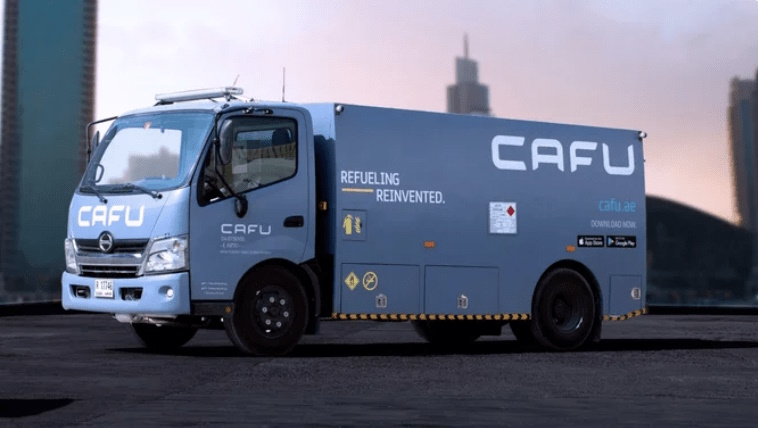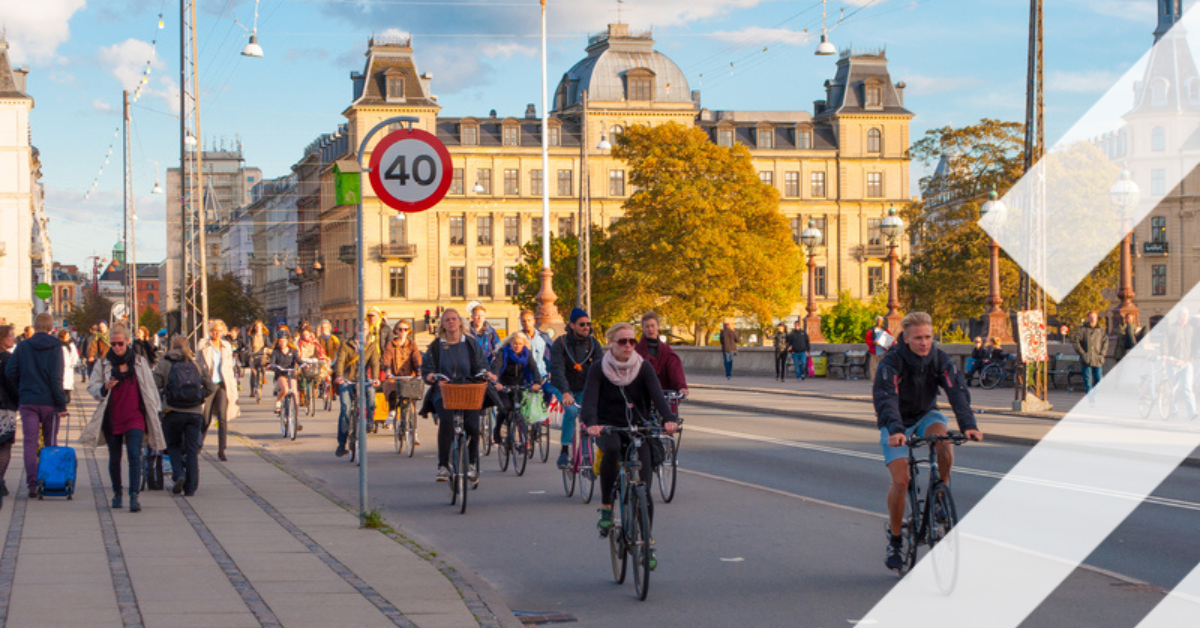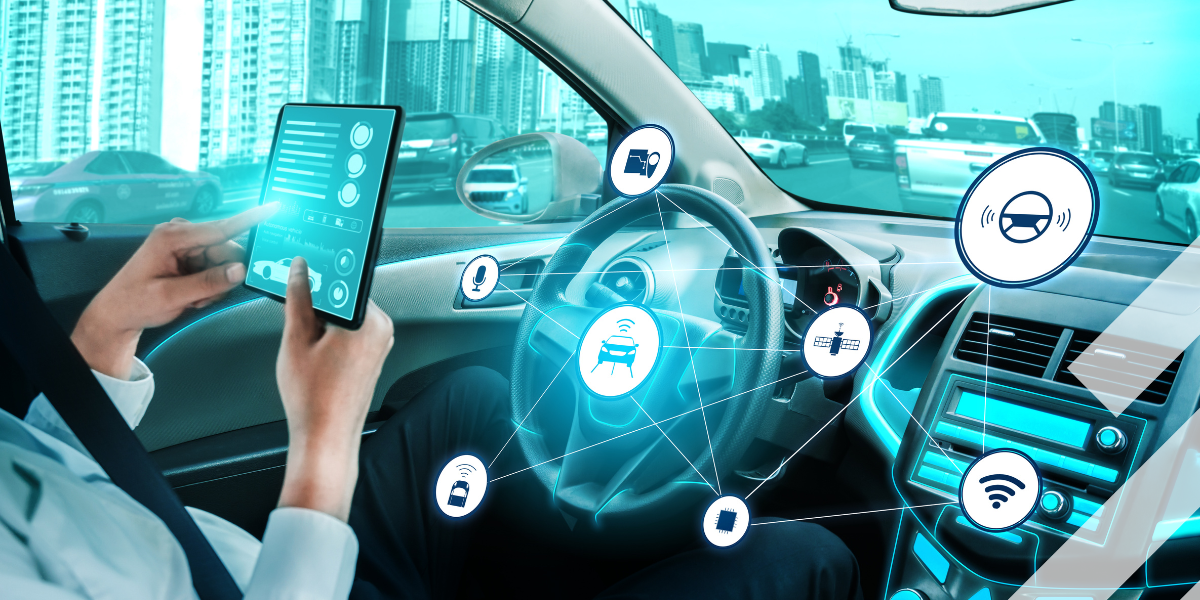Loading component...
How Sustainability Goes Beyond the Environment
How a new fuel & charged EV battery delivery service in the UAE could be the gateway to a raft of innovative sustainable mobility solutions that inspires the rest of the world.
Here’s a question for you: does the concept of having your fuel or a charged EV battery delivered to your car at home (or wherever it’s parked, in fact) encourage car use, or does it have the desired effect of discouraging it, thereby having a positive effect on the environment? An innovative new scheme in the UAE is suggesting that it’s the latter.
The city of Dubai has established a well-earned reputation as a leader in the application of advanced technology to transport. It is not, it’s fair to say, quite as internationally renowned for its work towards environmental sustainability in the field of mobility. Economically stable, viable and sustainable the region might be, but in terms of environmentally sustainable transport solutions the key is to implement practical answers with a keen eye on longevity, not just a quick fix that can be solved by throwing money at a problem.
To be economically sustainable private sector services must establish a viable business framework and then build towards the ultimate vision. Initial investment followed by proof of market and income creates a robust business approach.
What is important is the thoughtful application of technology-based products and services to achieve higher levels of safety, increased efficiency and deliver a higher level of user experience. Applications such as automated vehicles and advanced aerial mobility have enabled the city to achieve its sustainability objectives. Environmental sustainability is addressed through emission and fuel reduction and in creating an attractive alternative to the private car by improving the performance of alternatives.
The role of climate in mobility developments
A particular feature of the environment in Dubai is the extreme heat during the summer months. This makes options such as active transportation and micro-mobility less attractive and makes it essential to consider weather as a factor in designing appropriate transport modes. In addition to travel time, reliability and cost of travel, comfort during extreme weather conditions must also be considered as a modal choice factor.
As so many goods and services can be ordered over the Internet and delivered to the home these days, fuel would seem to be a logical extension
The city of Dubai has also been at the forefront of effective engagement of the private sector in delivering products and services to improve transport. Automated vehicles and advanced air mobility applications feature a significant involvement from the private sector in terms of delivery and operation. An interesting example of a privately delivered transport service that is unique to Dubai is a fuel delivery service called Cafu. Using a smartphone app, or via the old-fashioned method of making a phone call, vehicle owners can arrange to have fuel delivered to their home, office, or wherever the vehicle is currently located. As so many goods and services can be ordered over the Internet and delivered to the home these days, this seems like a logical extension. Customers are asked to ensure that their cars are parked outdoors and that the filler cap is left open and unlocked (something that may not sit as well with car owners in other parts of the world).

PILOT SCHEME
It could be argued that this encourages the use of the private car, rather than discourages. However, the service actually reduces emissions by avoiding the need for the driver to locate and drive to a filling station. Queues at filling stations are also avoided. Safety is also enhanced as a professional operator delivers the fuel, obviating the need for the driver to manage volatile liquids. The company refers to its professional delivery drivers as “pilots”, emphasizing that they are professionally trained and managed.
The operating company, having started with fuel delivery services, is now extending the range of services to include automotive insurance and even car washing, along with the delivery and installation of engine oil, batteries and tyres. Growth and expansion of services is being managed within a sustainable framework, whereby the company applies petroleum handling and management systems to minimize emissions and maximize the effectiveness of the delivery process.
It could be argued that this encourages the use of the private car, rather than discourages, but the service actually reduces emissions by avoiding the need for the driver to locate and drive to a filling station
SO, WHAT CAN WE TAKE FROM THE SUCCESS OF CAFU?
There are four important lessons to be learned.
- To be economically sustainable, private sector services must establish a viable business framework and then build to the ultimate vision. Initial investment followed by proof of market and income creates a robust business approach. Sometimes we try to do too much too soon, but it’s fine to start with a partial solution and work towards the complete one.
- Successful engagement of the private sector requires that services are tailored to local needs and the desires of the consumer. In order to justify payment for services by the individual, it is vital that what is on offer is what consumers actually want. While encouraging private car use in the long-term is not in line with global mobility goals, consumers will, after all, only pay for what they want.
- The public sector has a responsibility to foster private sector service delivery, while attempting to balance the requirements of individuals (drivers, in this case) with other services that achieve societal goals. The deal blend of services delivers what people want now and strives to change behaviour to make better choices in the future.
- The time for public sector dominance in advanced transportation service delivery may well be over. A larger proportion of investments in products and services is coming from the private sector. The public sector must adapt to a new role as an influencer and perhaps even as a broker of services.
Successful engagement of the private sector requires that services are tailored to local needs and the desires of the consumer
WHAT DOES THE FUTURE HOLD?



